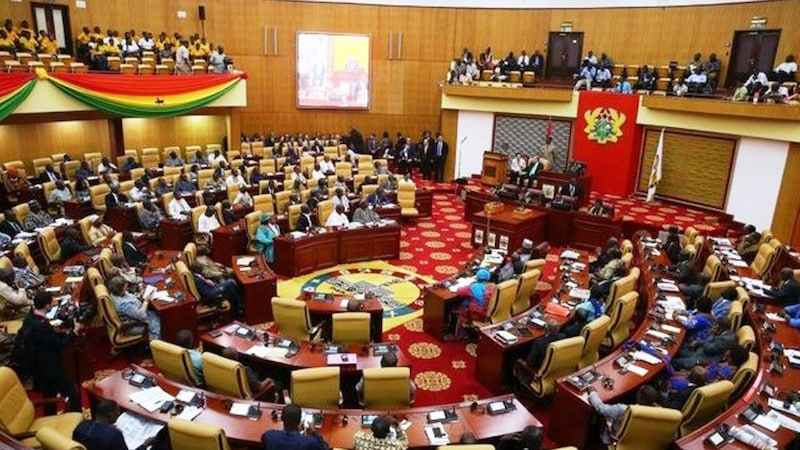Parliament approves Public University Bill; gives power to gov't to appoint school council

The bill when passed, would give the government power to appoint the majority of members of the University Council. The President, when the bill is passed will also have the power to dissolve the University Council which will now have the power to appoint a chancellor.
Parliament has approved the Public University Bill at the second reading stage in parliament.The bill when passed, would give the government power to appoint the majority of members of the University Council. - When the bill is passed the president will also have the power to dissolve the University Council.
The Public University Bill has been approved by parliament today, Tuesday, December 15, 2020 at the second reading stage. The bill when passed, would give the government power to appoint the majority of members of the University Council. The President, when the bill is passed will also have the power to dissolve the University Council which will now have the power to appoint a chancellor. Parliament approves Public University Bill at second reading.
According to the framers of the Public Universities Bill, it seeks to harmonize the finances, administration and governance structure of public universities. The Minority, during the debate, expressed conditional support for the other processes to get the Bill passed depending on consultation from groups that wrote to them during the period of recess by the House. The Minister for Education, Mathew Opoku Prempeh, says the Bill in its current form before Parliament incorporates almost every concern from stakeholders The Education Committee in presenting its recommendations on the bill to the House noted that the Bill is important for the “governance architecture of public universities.” It further said the Bill seeks to present an “equitable opportunity for all qualified applicants” in the country. “The Bill provides important reforms for improvement in the governance architecture of public universities. The Bill further improves the admission process and create equal and equitable opportunity for all qualified applicants to access higher education, irrespective of their economic circumstances,” he said.







